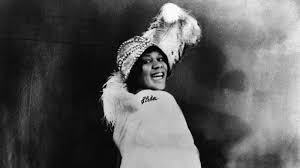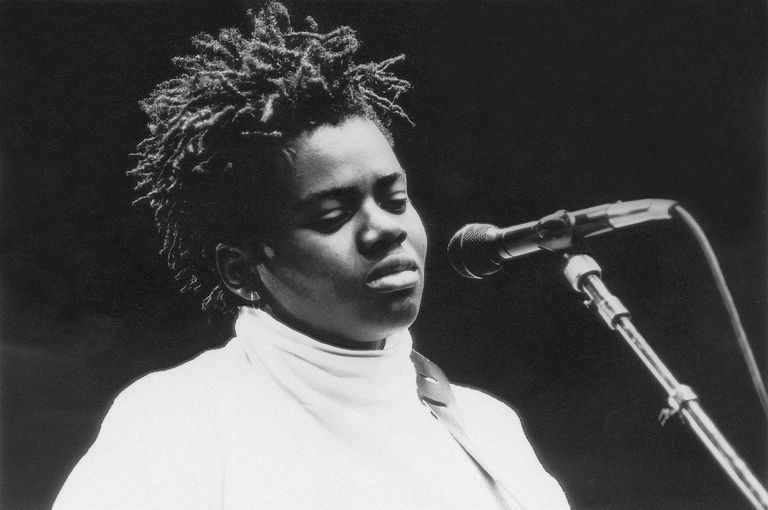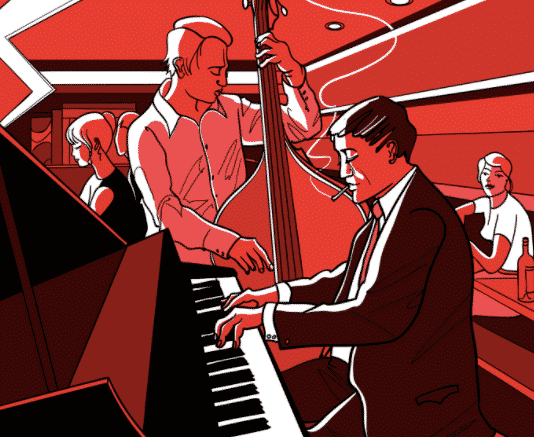
Bessie Smith:(1894-1937)Folk Singer and Jazz Singer. She was very famous in the Jazz Age during the Roaring Twenties for her singing and dancing. A lot of her talent developed from Folk Music she learned as a child. She and her siblings sang and played instruments on the streets to get money.

W.C Handy:(1873-1958)He was known as the “Father of the Blues”, and considered one of the most amazing songwriters in the USA. His dad was a pastor and she grew up hiding his music passion from. That did not stop him from traveling the South to learn and play folk music which transferred into the Blue’s.

Tracy Chapman:(1964-Present) A black folk singer and also has songs in the genre of the blues and pop. One of her biggest hits is “Fast Car”. She has won 4 Grammy’s from her work. Her mother despite being very poor bought a ukulele as a young girl and her music journey increased from that point.



Rap , Blues and Jazz all stem from Folk Music and are very prevalent in today’s society. All of these genres tell the many stories of African Americans over the course of several generations. Human Beat Box– Formed by the human body used to mimic sounds in patterns, timbres that reflect the rhythm of the songs also very similar to Hambone. Human Beat Box is very common in in the Rap Genre.
“Bessie Smith.” Biography.com, A&E Networks Television, 2 Mar. 2020, www.biography.com/musician/bessie-smith.
“W.C. Handy.” Biography.com, A&E Networks Television, 28 July 2020, www.biography.com/musician/wc-handy.
“Tracy Chapman.” Biography.com, A&E Networks Television, 20 Sept. 2019, www.biography.com/musician/tracy-chapman.
African American Music: an Introduction – 2nd Ed. Routledge, 2006.

Login to your account